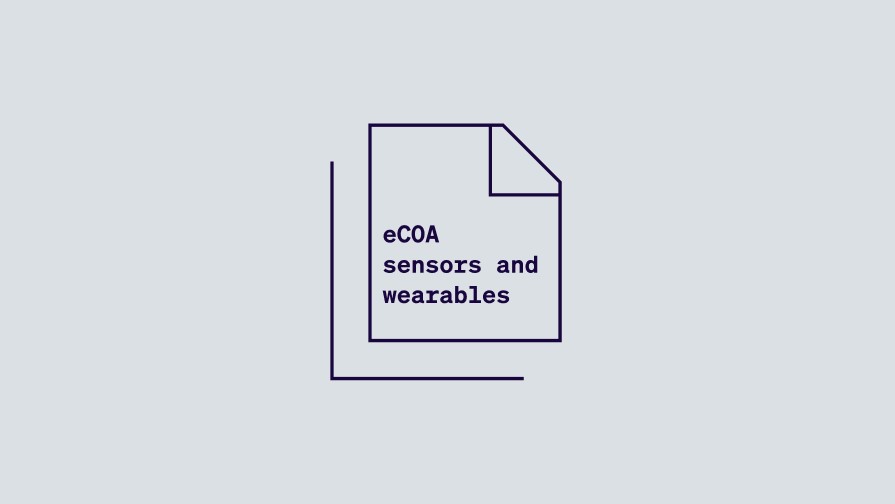eCOA implementation


The role of eCOAs and wearables in modern oncology clinical trials
In the rapidly evolving landscape of oncology clinical trials, the integration of electronic Clinical Outcome Assessments (eCOA) and wearable technologies is revolutionizing how data is collected and patient experiences are monitored. These technologies offer unprecedented opportunities to enhance data quality, improve patient engagement, and enable real-time tracking of treatment efficacy and side effects. This blog post delves into the pivotal roles that eCOA and wearables play in modern oncology clinical trials, highlighting their impact on patient-centric research and the advancement of cancer care.


Top technical considerations with eCOA in clinical trials
Explore the prevalent challenges encountered in eCOA clinical trials, from technical issues and patient adherence to data security and regulatory adherence, and discover strategies for mitigation.


Implementing eCOA software in clinical trials: A How-to guide
Electronic clinical outcome assessments (eCOAs) have revolutionized clinical trials, offering significant advantages over traditional paper-based methods. By enhancing data quality, streamlining data collection, improving patient engagement, and enabling real-time data access, eCOAs have become indispensable tools in modern clinical research. However, successful eCOA implementation requires careful planning, meticulous execution, and a deep understanding of the regulatory landscape. This comprehensive guide provides a detailed roadmap for implementing eCOAs effectively, covering key aspects from study design to future trends.



